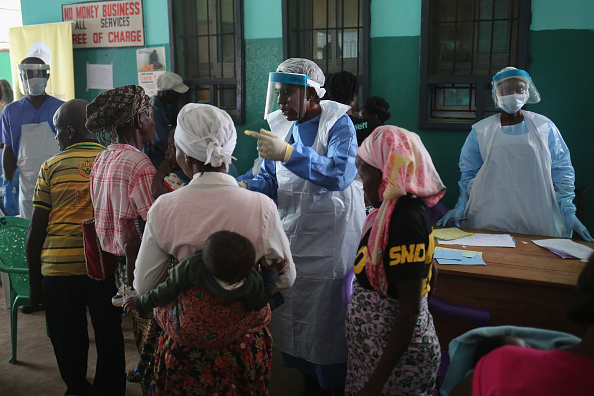
Liberia was declared free of Ebola for a second time months ago, but now there is another outbreak of the viral disease. This time, the source of the outbreak may be a survivor who became infectious again after her immune system was weakened by pregnancy.
This theory raises worries about how to finally end the worst Ebola epidemic in history because there are as 17,000 survivors in West Africa who could be potential human reservoirs of the virus.
It is now known that Ebola virus can lie dormant in a survivor and lurk in parts of the body such as the eyes and testicles. Cases of the virus re-emerging have been reported in West Africa and elsewhere. But the Liberia case would be the first known example of such a patient who has become infectious again transmitting the virus to others.
This case may explain how Ebola flared up in the suburbs of Monrovia in November nearly three months after the country was declared Ebola-free a second time. The flare up is a viral strain that had occurred there before, but the cases happened after the typical incubation period for the virus had passed.
A 15-year-old boy died of Ebola on Nov. 24. While he was thought to have started a cluster of three cases, the focus has now shifted to his 33-year-old mother, the sources said. The main hypothesis for the new cases is the virus surged within her from a dormant state due to a weakened immune system caused by her pregnancy.
The mother had caught Ebola more than a year ago from her brother. She was believed to have completely recovered, but the virus flared up again this year while she was pregnant. Antibody levels in the body tend to drop towards the end of a pregnancy. It is not known exactly how she might have transmitted the virus to her family.
This outbreak in Liberia has been contained. Sierra Leone was declared Ebola-free in November and Guinea and Liberia are set be declared free of the virus in December and January if there are no new cases. But this theory of infectiousness by pregnant women means that health officials must be vigilant in monitoring survivors for months or even years to come.
